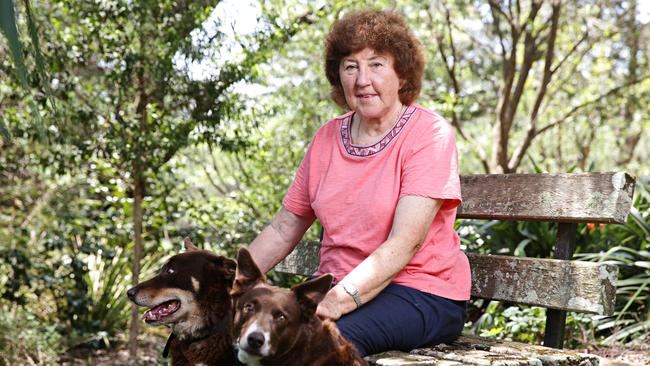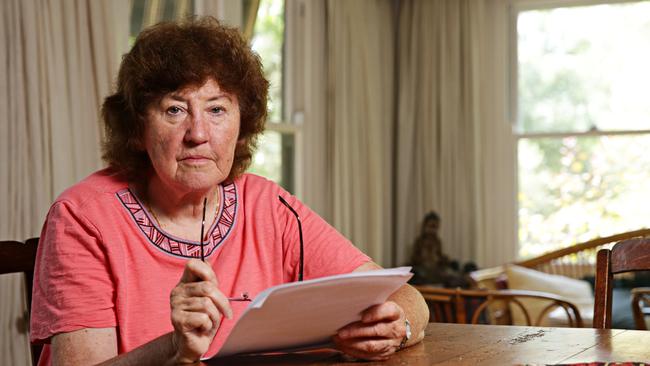The great retirement swindle: Save more, get less
Saving more over the course of your working life will reduce income in retirement, according to new research that will be put to a federal inquiry.

NSW
Don't miss out on the headlines from NSW. Followed categories will be added to My News.
- What you need to know about first-home buyers scheme
- Travel insurance warning over deadly China virus
- How to wipe credit card debt in 2020
Saving more over the course of your working life will reduce income in retirement, according to new research that will be put to a federal inquiry.
Industry Super Australia claims a couple who amass $875,000 will end up with $12,000 a year less than if they had only accumulated $400,000.

The organisation — which represents industry super funds — has labelled the outcome “perverse” and warns that it must be fixed by winding back changes made in 2017 to the means test for access to the pension.
During Prime Minister Scott Morrison’s time as treasurer the “taper rate” in the test was doubled to reduce pension entitlements by $3 a fortnight for every extra $1000 in savings.
Already 330,000 people are being caught by the increased taper rate, with a further 700,000 to be affected over the coming decade, according to Industry Super Australia.
“These workers have saved hard their whole life only to reach retirement and find out they are being penalised for their financial responsibility,” ISA chief executive Bernie Dean said.
“The perverse pension means test really means that those who saved more have less to spend. It provides a disincentive to save. It flies in the face of reason and is just plain unfair.
“These responsible retirees, who took their savings upon themselves, deserve to be given a leg-up by the government, not dragged down by an unfair retiree tax.”
The ISA is urging the government to reduce the taper rate to $2. It is doing so via the retirement income review commissioned by Treasurer Josh Frydenberg.

National Seniors Australia spokesman Ian Henschke has also dubbed the taper rate increase as unfair.
“The government’s fond of repeating the mantra ‘a fair go for people who’ve had a go’,” Mr Henschke said.
“But its pension taper rate policy doesn’t back up those words; quite the opposite.
“It’s having a go at people who’ve had a go and saved for their retirement.
“It’s patently unfair that a couple who’ve saved more than $800,000 get less in retirement than a couple who saved $400,000.”
Social Services Minister Anne Ruston, who is responsible for the taper rate, said arguing “pensioners are worse off accumulating assets as a result of the pension assets test” was to focus “on the effect of the assets test in pure income terms”.
“Rather than being disadvantaged by having substantial savings, retirees affected by the assets test can support a significantly higher standard of living in retirement than the maximum rate of pension through a combination of investment earnings, prudent and planned capital drawdowns and eventual pension entitlements,” Ms Ruston said.
Helen Saville lost about a third of her retirement income due to the taper rate change, as did her husband.
The 74-year-old from the Southern Highlands village of Alpine said their response had been to run down some of their nest egg, which restored a portion of the lost pension.
“That was not our aim, because we are not dead yet,” Ms Saville said on Sunday.
“But these changes make people start to question the value of saving.”
Ms Saville said she believed the retirement income system should be independent of politics.
“You are subject to constant change and it is absurd,” she said.



